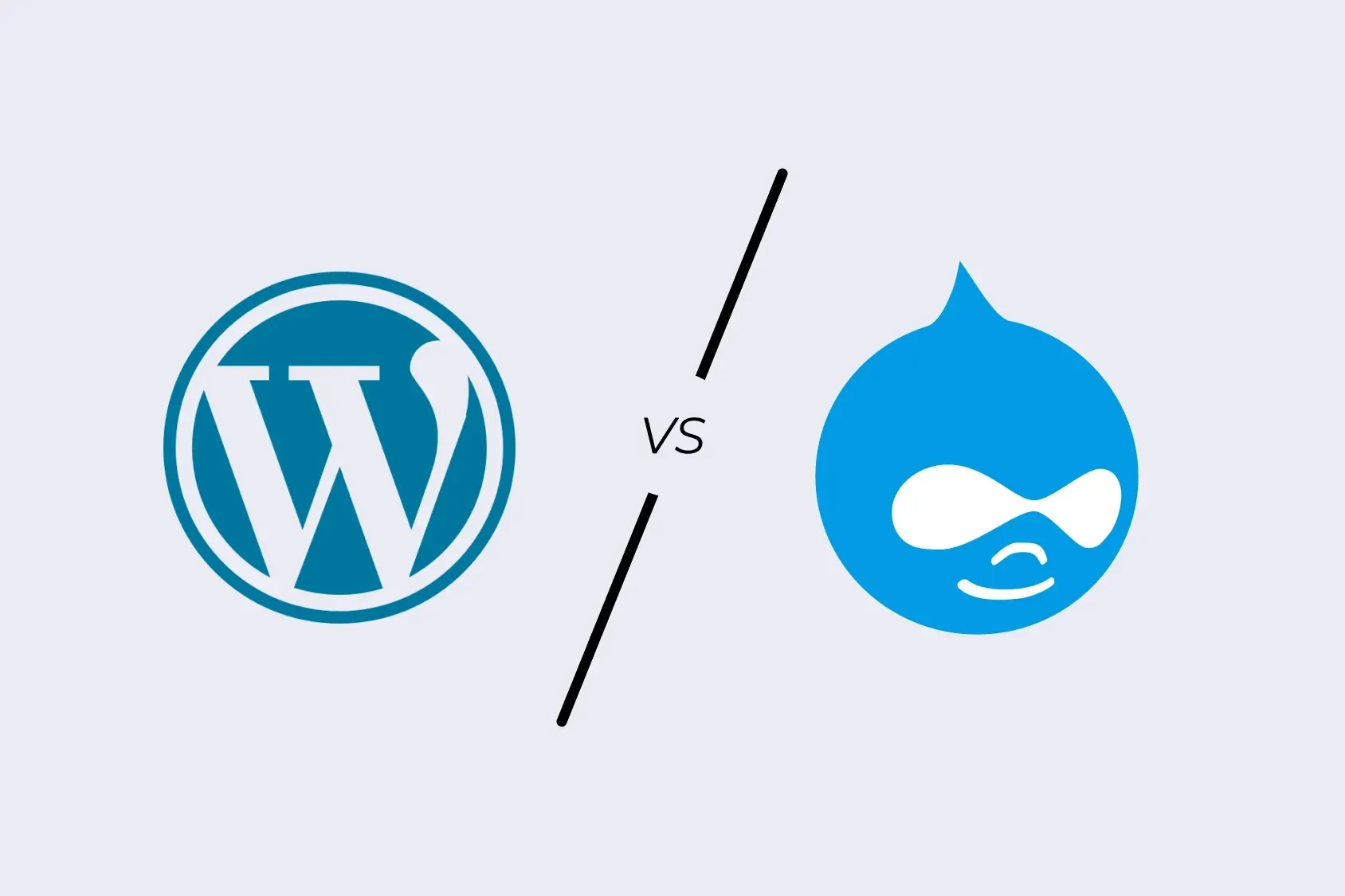Drupal vs. WordPress – Which CMS is Best for Your Website?

Choosing the right Content Management System (CMS) for your website can significantly impact its functionality, performance, and ease of use. Drupal and WordPress are two of the most popular CMS platforms available, each with its unique features and advantages. In this article, we'll compare Drupal and WordPress to help you decide which CMS is best suited for your website needs.
Overview
WordPress is known for its ease of use and is widely used for blogs, small businesses, and even large-scale websites. Drupal, on the other hand, is preferred for more complex, enterprise-level sites with advanced functionality.
Ease of Use
WordPress
- Intuitive interface, suitable for beginners.
- Extensive library of plugins and themes.
- Large community support and numerous tutorials available.
Drupal
- Steeper learning curve; more complex interface.
- Requires more technical expertise to manage.
- Less user-friendly for non-technical users.
Customization and Flexibility
WordPress
- Highly customizable through plugins and themes.
- Plugins cover a wide range of functionalities.
- Less flexible when it comes to complex data structures.
Drupal
- Highly flexible and customizable, ideal for complex sites.
- Advanced content management and data organization features.
- Greater control over user permissions and site functionality.
Performance and Scalability
WordPress
- Good performance for most small to medium-sized websites.
- May require optimization for high-traffic sites.
- Scales well with caching and performance plugins.
Drupal
- Built for high performance and scalability.
- Better suited for large and complex websites with high traffic.
- Advanced caching and optimization options available.
Security
WordPress
- Regular updates and a large security community.
- More frequent target for security attacks.
- Security plugins available to enhance protection.
Drupal
- Strong security features with regular updates.
- Highly secure by default, suitable for sensitive data handling.
- Requires proactive management to maintain security.
Cost
WordPress
- Free and open-source with many free plugins and themes.
- Cost may arise from premium themes and plugins.
- Hosting and maintenance costs are relatively low.
Drupal
- Also free and open-source but may require higher development costs.
- Higher initial setup and customization costs.
- Hosting and maintenance can be more expensive due to complexity.
Conclusion
Both Drupal and WordPress offer unique strengths and are suitable for different types of websites. WordPress is ideal for users looking for ease of use, a large selection of themes and plugins, and a supportive community. Drupal, on the other hand, excels in providing advanced functionality, flexibility, and scalability for complex and high-traffic websites.
Your choice between Drupal and WordPress will largely depend on your specific needs, technical expertise, and budget. Evaluate your requirements carefully to choose the CMS that aligns best with your website goals.





